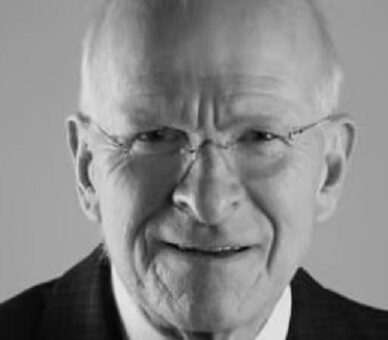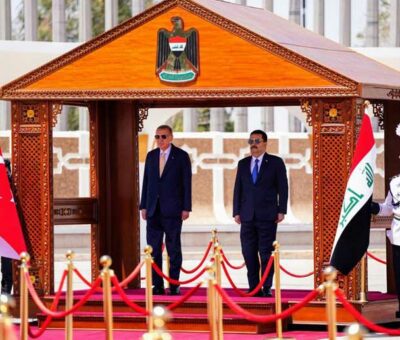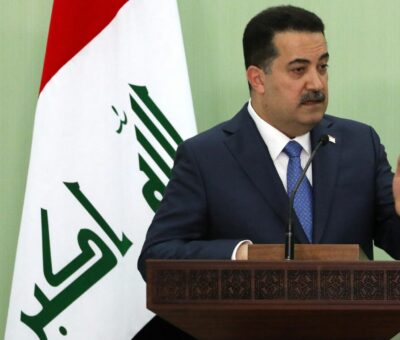China is seizing an opportunity in the Middle East to improve its energy security and global influence, with Iraq a particular beneficiary This push has its risks, though, and Beijing’s neutrality will face challenges in a region fraught with long-standing rivalries and competing interests Chinese firms recently won the lion’s share of licences for oil and gas exp
Read MoreDespite sharing a border, Iraq and Turkey have had a history marked by tensions; however, recent developments indicate that the two countries are now entering a new, positive phase in their relationship. Meeting in Baghdad on April 22, Iraqi Prime Minister Mohammed Shia‘ al-Sudani and Turkish President Recep Tayyip Erdoğan, the latter making his first visit to Iraq in 13 yea
Read MoreWashington, DC – May 16, 2024: On May 13, 2024, the Executive Board of the International Monetary Fund (IMF) concluded the Article IV consultation1 with Iraq and considered and endorsed the staff appraisal. Domestic stability has improved since the new government took office in October 2022, facilitating the passage of Iraq’s first three-year budget, which entailed a large fisc
Read MoreIraqi Prime Minister Mohammed Shia al-Sudani met last week with U.S. President Joe Biden at the White House as part of a weeklong visit aimed at strengthening bilateral relations. The visit occurred amid several historic anniversaries and dangerous developments in the Middle East. April marks the 21st anniversary of the toppling of Saddam Hussein. Since 2003, the U.S.-Iraq rela
Read MoreTwo decades ago, the United States assisted the Iraqi people in overthrowing the dictatorial regime of Saddam Hussein and laying the foundations for a democratic system. It enabled Iraqis to taste freedom for the "first time, eliminating the oppression and the misuse of resources that had caused problems not only for my country but also for the region more broadly. Since the
Read More





